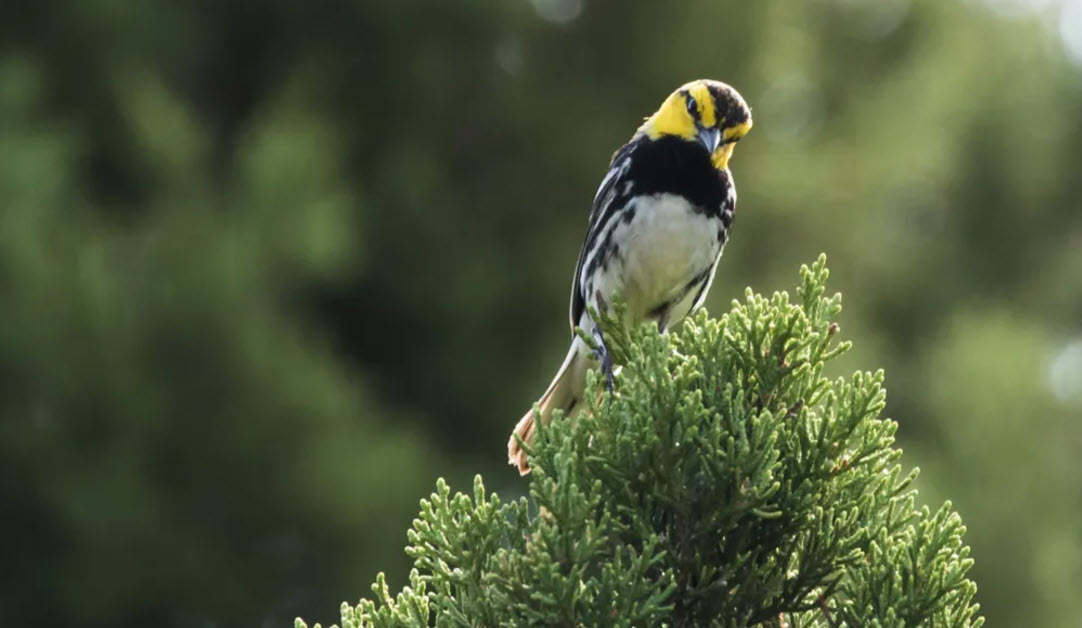By Annalisa Peace
Executive Director, Greater Edwards Aquifer Alliance
When I first learned in 2004 that the Texas General Land Office (GLO) was investing in Hill Country real estate to fund Texas’ Permanent School Fund, I warned that no good would come of this. I worried that these state investments would put a thumb on the scale of policy-and-agency decisions in order to open these properties to intensive development to maximize their value.
My concerns were realized in 2009, when the Texas Department of Transportation (TxDOT) began aggressively pushing for a New Braunfels outer loop and it was learned that this roadway would provide access to an otherwise landlocked property owned by the GLO.
It was clear in that instance that GLO’s investment in Hill Country land would, indeed, drive decisions to maximize the development value of those properties. The Greater Edwards Aquifer Alliance (GEAA) worked with local activists for three years before finally defeating this ill-advised roadway.
Fast forward to 2017, when the GLO joined the Texas Public Policy Foundation in petitioning to have the Golden-Cheeked Warbler delisted as an endangered species because it limits the development of land in the Hill Country.
You can learn more from Lindsey Carnett’s (Nov. 9, 2024) excellent report, Golden-cheeked warblers are blocking development.
Some keep trying to boot the songbird from the endangered species list.
This past September, Senior U.S. District Judge David Alan Ezra issued an order for the U.S. Fish and Wildlife Service (FWS) to reevaluate the 2017 petition, stating that a review of the warbler’s status “may be warranted.”
FWS is currently reevaluating conflicting studies on the numbers of warblers and will publish new findings that determine whether the warbler should be delisted as an endangered species or, whether Endangered Species Act protections should remain to protect the warblers.
The Endangered Species Act has been a powerful, though sometimes flawed tool, that has enabled protection of land that provides vital ecosystem services.
Behind the act was the rationale that it would be incredibly burdensome to monitor threats to the environment nationwide but, threats to indigenous species could serve as a metric. They figured that actions that would cause a species to go extinct were likely to disrupt ecosystems and harm humans as well.
In this case of the Texas Public Policy Foundation and the GLO vs endangered status for the warblers, the habitat of the Golden-Cheeked Warbler comprises much of the Edwards Aquifer Recharge and contributing zones. Endangered species protection of the songbird has resulted in the permanent protection of thousands of acres on the Recharge Zone – thus enabling us humans to protect a critical water supply.
That the GLO is complicit in torpedoing these protections is cause for grave concern.
Runaway development in the Hill Country is elevating threats to water availability and the quality of water in the Edwards and Trinity aquifers, threatening also a vibrant tourism economy and the property values and quality of life of longtime Hill Country residents.
The bottom line is that the lands that recharge our uniquely prolific Edwards Aquifer deserve protection.
If the status of a tiny songbird is critical to protecting these lands, the state should either withdraw its support for delisting the Golden-Cheeked Warbler or get serious about directing the Texas Commission on Environmental Quality (TCEQ) and local governments to adopt measures adequate to sustaining the Edwards and Trinity aquifers.
Further, perhaps an examination of the disposition of GLO lands in the Texas Hill Country is warranted. The legislature could certainly have a voice in how these lands are managed and developed. We would hope that state senators and representatives who represent our region would support this.
Stay tuned for more on this important issue.
Meanwhile, you can contact the head of the General Land Office, Texas Land Commissioner, Dawn Buckingham, to express your opinion on developing the GLO-owned lands in the Texas Hill Country at https://dawnbuckingham.com/ or post on her Facebook page at https://www.facebook.com/DrBuckinghamTX.
(Editor’s Note: According to the U.S. Army Corps of Engineers, 430 acres of the land it manages in Canyon Lake fall under the category of ‘Environmentally Sensitive Area Management.’ The acreages in these areas are designated as critical habitat for the endangered Golden-Cheecked Warbler, unique view-sheds and scenic qualities of the area.)





Anything to slow development is better than nothing